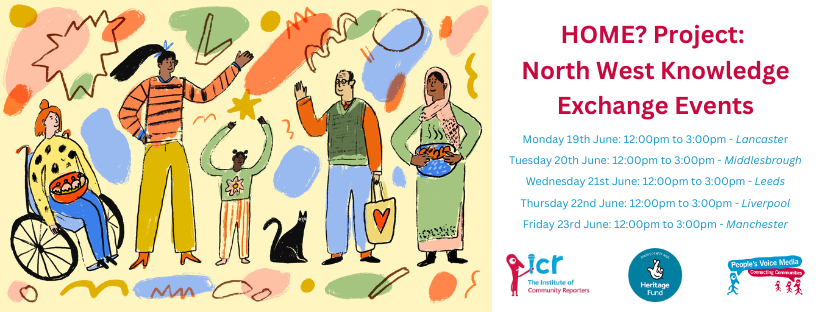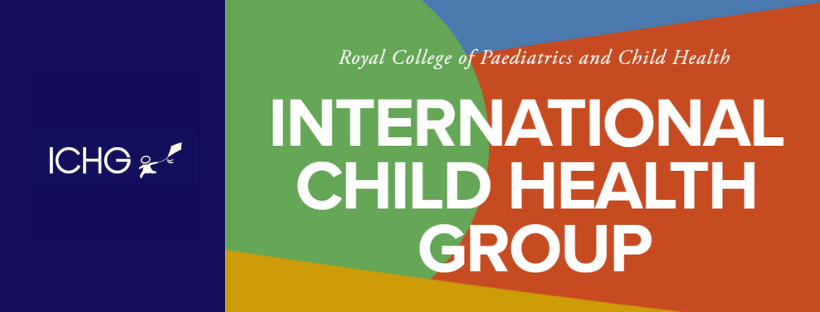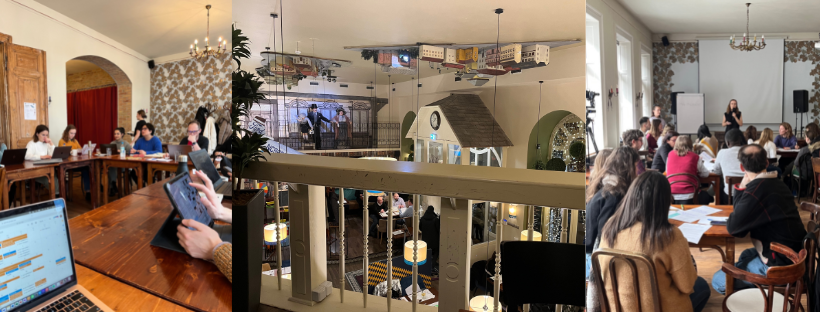Refugee Week: HOME? Project Knowledge Exchange Events

During Refugee Week in June (19 – 23) there will be significant events across the North of England where the personal stories of migrants and refugees living in the UK will be heard.
The stories have been collected as part of a Heritage Lottery project running in the North of England. The project is managed by Peoples Voice Media and aims to preserve and archive current stories of migration to the UK over the past 10 years. From these stories there will be the creation of; an educational toolkit, a database of local new articles and an animation, to share with communities so people can gain a better understanding of the current position of migrants and refugees. These resources will give communities the tools to help to build communities of sanctuary.
Peoples Voice Media have been working with Refugee Women Connect in Liverpool, LASSN in Leeds, Global Link in Lancaster, Dragons Voice in Manchester, MAP in Middlesbrough and using peer-to-peer Community Reporting have gathered lived experience stories as well as undertaking archive research and collected local newspaper stories from the past 10 years.
There will be 5 in-person events in each area Lancaster, Middlesbrough, Leeds, Liverpool, and Manchester to look at the stories gathered during Community Reporting workshops, as well as reviewing key themes from the archive research activities.
The aim of these events is to bring people together from each area; members of the wider local community, cultural and heritage organisations, to explore the findings of the workshops and research. The events seek to open-up a dialogue between different local people about the heritage of migration in their area, how that relates to their current thinking and perceptions and what can be done to better understand, learn from and preserve this type of heritage in the future.
The theme of refugee Week this year is compassion, and this certainly resonates with some of the stories we have heard from participants on the project who have found the British people very welcoming.
“I’m very happy because we met here very nice people, very kind people.’ Karina, Lancaster.
If you’d like to find out more, please reserve your free space by completing the Eventbrite booking forms below:
Monday 19th June: 12:00pm to 3:00pm – Lancaster
https://www.eventbrite.co.uk/e/home-knowledge-exchange-in-lancaster-tickets-616618401237Tuesday 20th June: 12:00pm to 3:00pm – Middlesbrough
https://www.eventbrite.co.uk/e/home-knowledge-exchange-in-middlesbrough-tickets-616091846297Wednesdav 21st June: 12:00pm to 3:00pm – Leeds
https://www.eventbrite.co.uk/e/home-knowledge-exchange-in-leeds-tickets-615641499297Thursday 22nd June: 12:00pm to 3:00pm – Liverpool
https://www.eventbrite.co.uk/e/home-knowledge-exchange-in-liverpool-tickets-616102909387Friday 23rd June: 12:00pm to 3:00pm – Manchester
https://www.eventbrite.co.uk/e/home-knowledge-exchange-in-manchester-tickets-607556506867Or get in touch with Kath Peters at People Voice Media at kath@peoplesvoicemedia.co.uk



